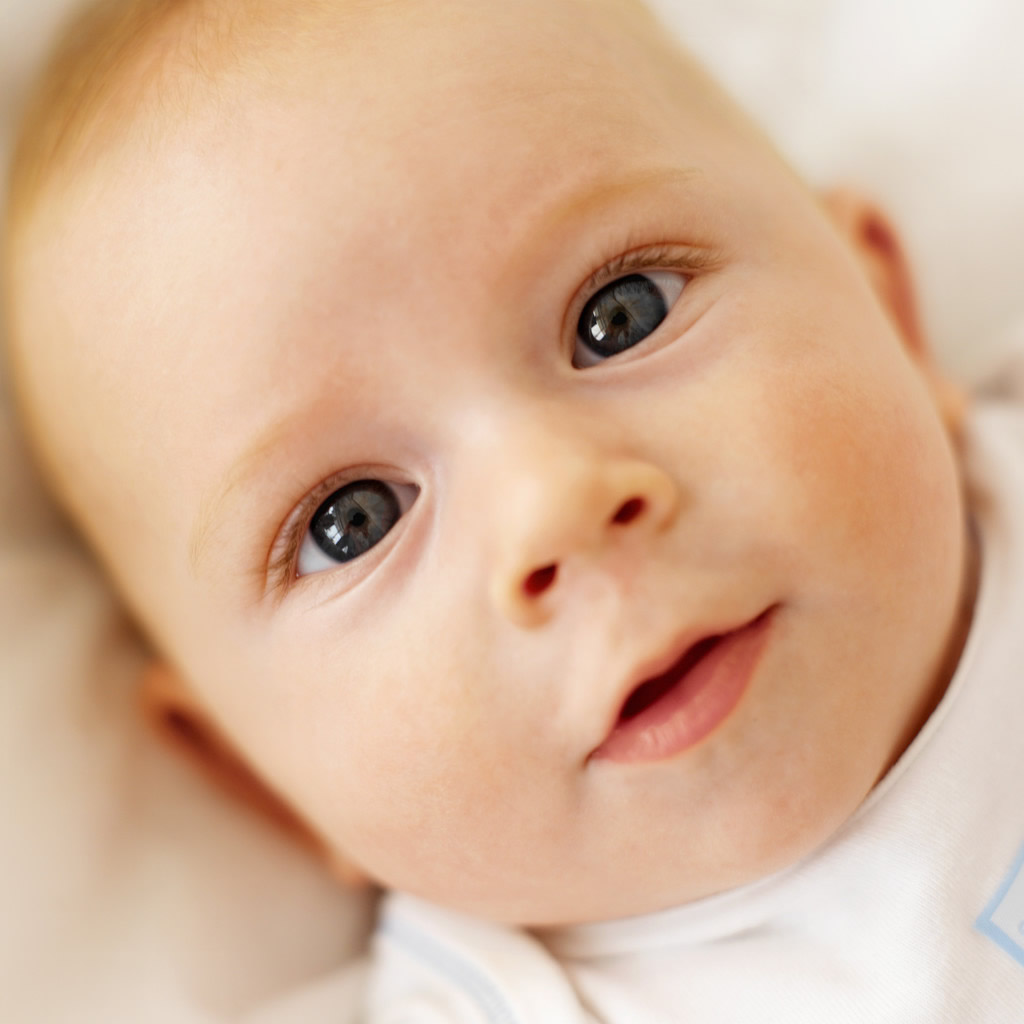Dream, Racial Equality and Fear of Rejection
On the 50th anniversary of Dr. Martin Luther King Jr.'s March on Washington, the Internet is filled with articles and tributes about the "I Have a Dream" speech and the Civil Rights Movement. The speech also profoundly impacted me. Yet it didn't do so in the sense of teaching me about racial equality, but in the sense of pursuing a dream and overcoming rejections.
So what does his speech have anything to do with rejection therapy? What do racial injustice and the fear of rejections have in common?
I still remember that the first time I heard the speech I couldn't even speak English properly. I crawled through the entire transcript with a dictionary, and even tried to imitate his accent at school the next day. (A Chinese kid trying to speak like a Black Southern Baptist preacher is surefire comedy). One thing that blew my mind was how powerful one man's dream, if shared, articulated and executed fully, can become.
Dr. Martin Luther King Jr.'s dream was based on the prospect of curing a common suffering among a group of people. It was based on the premise that a civilized society was not where it should be. It was based on the potential that if we could overcome our own fear and prejudice, we would be a better people and the world would be a better place. Those were the seeds of ideas that inspired me so much that I am willing to turn my 100 Days of Rejection Therapy into a life long goal.

Our fear of rejection, in a way, is very similar to racial injustice. We didn't have it as infants, but as we grew up it started to occur in our own minds. Then, by the constant reinforcement from society, we let it become a dominant force in our behaviors. However, unlike racial injustice which was done by one people onto another, the fear of rejection is something we inflict upon ourselves. The results are equally devastating. We stopped trying new things and making new connections; we strangle and suffocate our own dreams and ideas; and we later look back on our lives with regret because we lived someone else's life rather than our own.
Even more dangerously, the fear of rejection is subtle and overlooked. There is no police brutality, no jail in Birmingham, and no KKK. The only thing that's out there is the two letter word 'no', which is enough to scare all of us.
Dr. King help created a world which I appreciate and benefit from. But more importantly, he inspired me to have my own dreams of building a better world, one where our destinies and aspirations will no longer be suppressed by the tear gas of self-doubt, the jail walls of self-isolation, and the police batons of self-rejection. This is a world worth building.
Will you want to live in a world without the fear of rejection? Also, did Dr. King or someone else inspire you to pursue your own dream?

